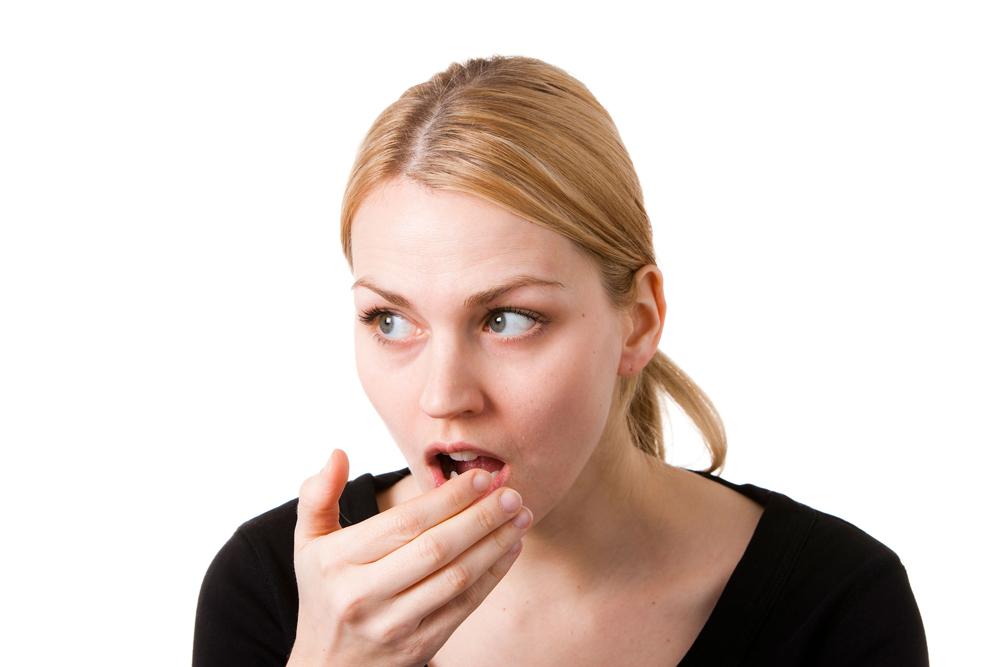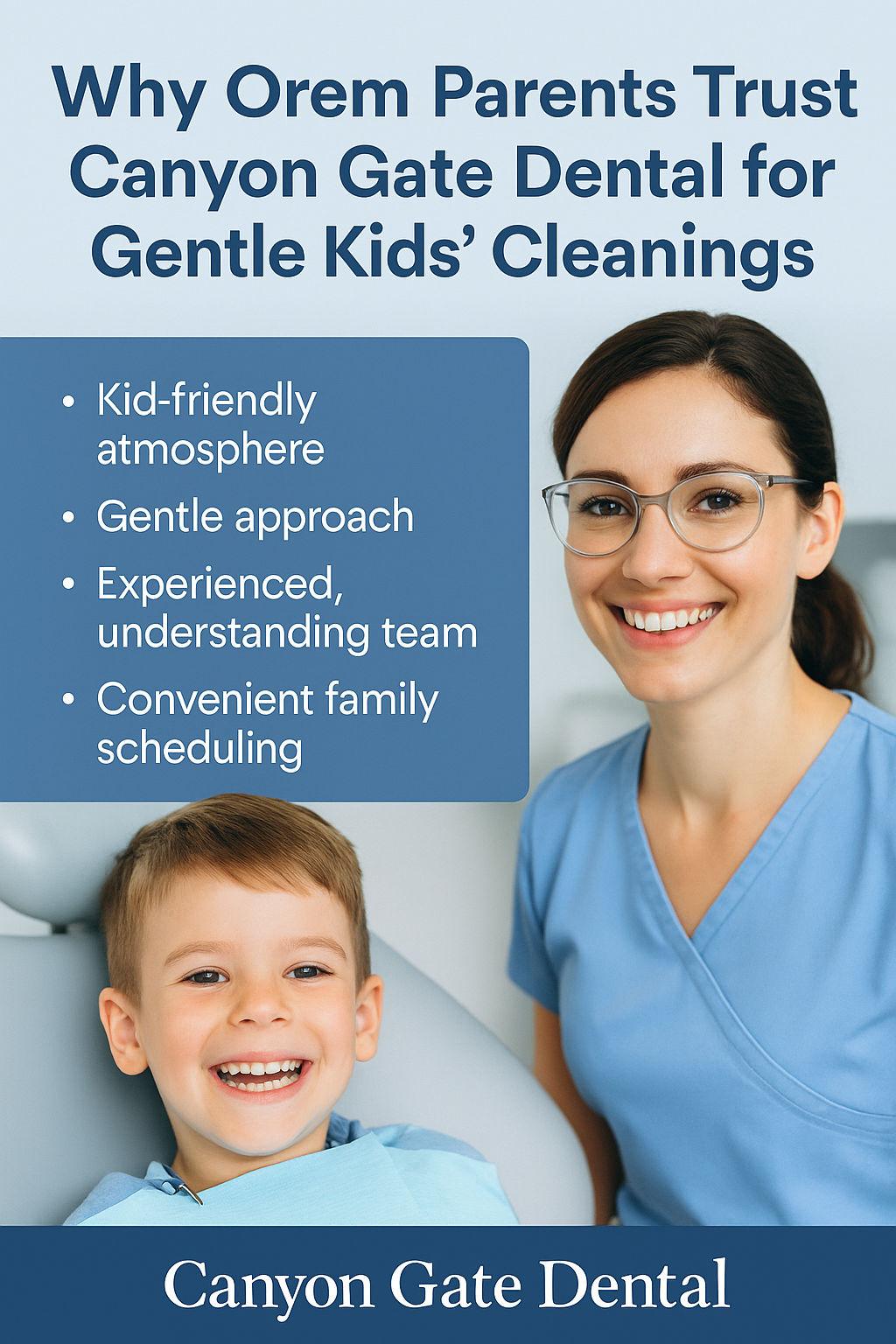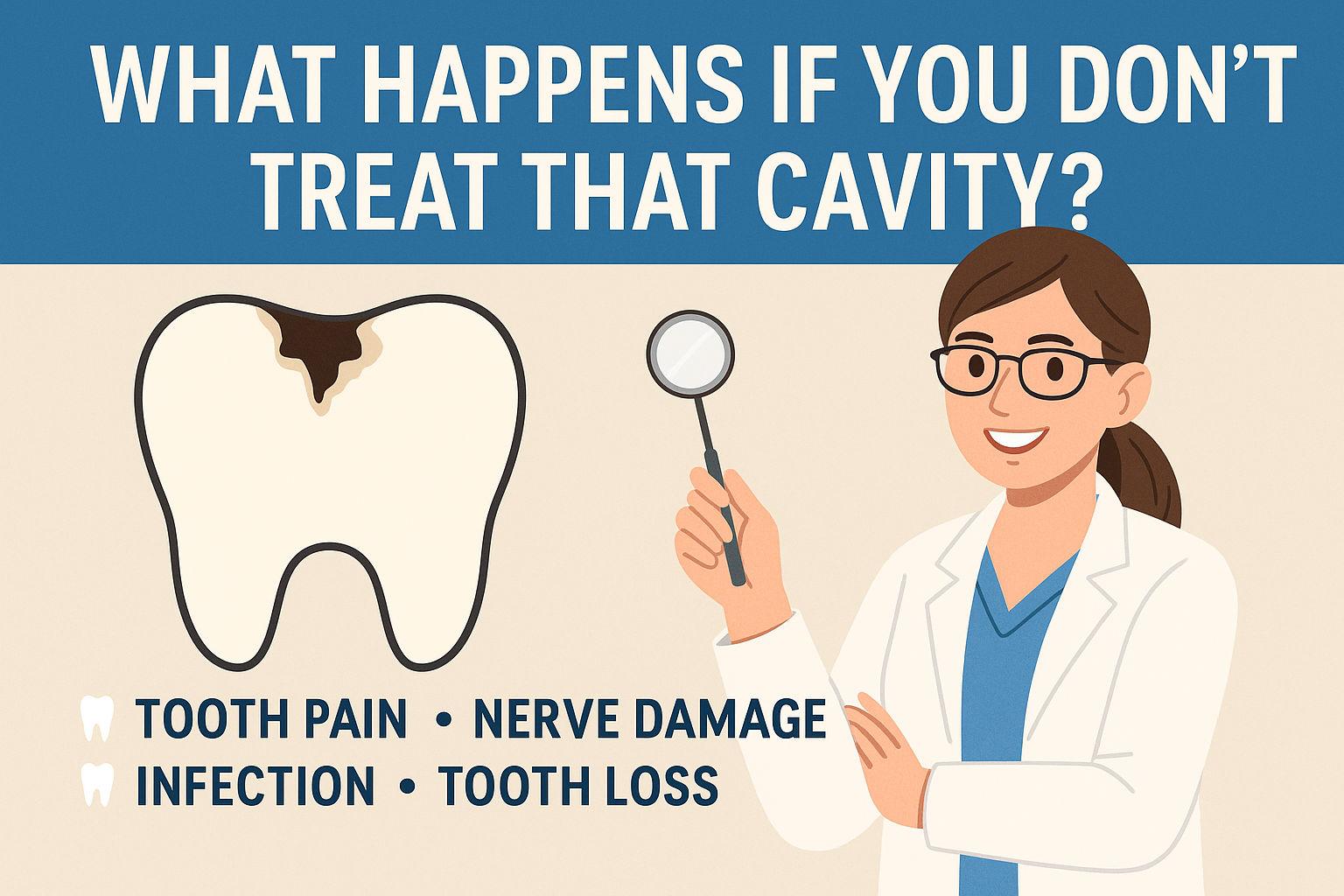Halitosis, or bad breath as it’s more commonly known, can be an incredibly unpleasant condition that is more than a cause for embarrassment. The causes of bad breath are wide and varied, and visiting your local dentist may help to address the matter more directly, but it can always help to understand the unique causes – just in case you can take care of them yourself.
The Causes of Bad Breath
Medical conditions might not always be the first thing that people think about when contemplating bad breath, but the truth is that specific ailments can drastically affect halitosis. Diseases like bronchitis and lung infections can result in bacterial growth – and when allowed to spread to the throat and mouth, the results are often very noticeable.
One of the more obvious causes of bad breath relates to smoking. This deadly habit does much more than put your lungs at risk – it enhances the decay of your teeth, promotes bacterial growth which can lead to gum disease, and dries your saliva. The result? A foul smelling mouth that can only be treated by a dentist or oral healthcare expert.
Dry mouth is another reason for bad breath, and the drier your mouth – the more likely it will emanate a bad smell. Bacteria is present within our saliva, on our teeth and around our gum line, and drinking just one glass of fresh water an hour can help to shift this bacteria, break down any particular build ups, and promote fresh breath. It’s always a good idea to swig a mouthful of water in the process – as this can dislodge even the most stubborn bacterial build-ups.
On to a more serious cause now, and gum disease has become a leading cause of bad breath over the past decade. Gum disease can occur for any number of reasons – from poor dental hygiene, all the way to enzyme breakdown leading to a weakening of the gum line. Once gum disease takes hold, it can be a pretty daunting challenge to get rid of it – and many people are left with no option but to turn to their dentist for assistance.
The final cause could be considered the most general of the list – and it relates to the type of food that you eat. As our teeth crush our food, tiny traces will make their way in to small crevices. If you don’t brush and floss regularly, these traces will soon start to rot – and this will lead to bad breath. Certain foods will contribute to this activity much more rapidly (consider sugar and acidic ingredients), whilst others will help to break down these leftover pieces (such as strawberries).
The best way to encourage fresh breath is to brush twice a day, floss in between meals, and visit your dentist regularly. If you notice that you can’t shift your bad breath, then the problem may be a little more severe – and you’ll undoubtedly want to get it checked out as soon as possible.









